Search Definitions
Browse Content (p. 233)
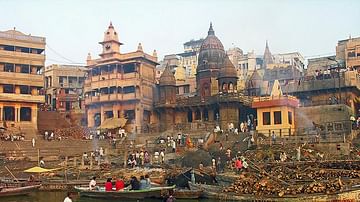
Definition
Ganges
The River Ganges, also known as the Ganga, flows 2,700 km from the Himalaya mountains to the Bay of Bengal in northern India and Bangladesh. Regarded as sacred by Hindus, the river is personified as the goddess Ganga in ancient texts and...
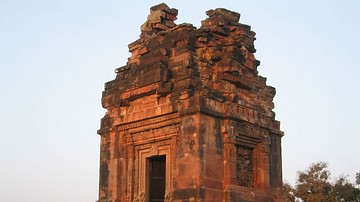
Definition
Gupta Architecture
The Gupta Dynasty (4th-6th century) in North Central India saw the first purpose-built Hindu (and also Buddhist) temples which evolved from the earlier tradition of rock-cut shrines. Adorned with towers and elaborate carvings, these temples...
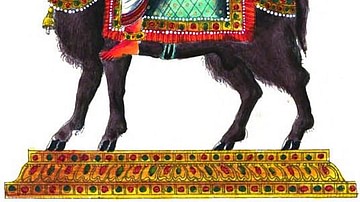
Definition
Agni
Agni is the Hindu god of fire. He is regarded as the friend and protector of humanity, in particular, he safeguards the home. Various forms of fire are associated with Agni and include the sun, lightning, comets, sacrificial fire, domestic...
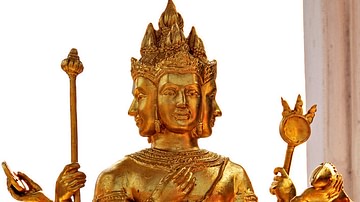
Definition
Brahma
Brahma is the Hindu creator god. He is also known as the Grandfather and as a later equivalent of Prajapati, the primeval first god. In early Hindu sources such as the Mahabharata, Brahma is supreme in the triad of great Hindu gods which...

Definition
Göbekli Tepe
“Göbekli Tepe” (“Hill with a Navel”, or “Potbelly Hill”) is found approximately 16 km (10 miles) northeast of Şanlıurfa, an ancient city in southeastern Turkey once named “Edessa” and known as “the City of the Prophets”. While this nearby...
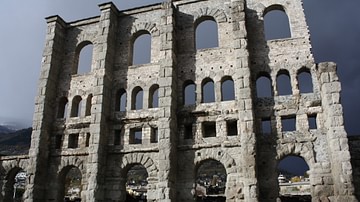
Definition
Vitruvius
Marcus Vitruvius Pollio (c. 90 - c. 20 BCE), better known simply as Vitruvius, was a Roman military engineer and architect who wrote De Architectura (On Architecture), a treatise which combines the history of ancient architecture and engineering...

Definition
Lambayeque Civilization
The Lambayeque civilization (aka Sicán) flourished between c. 750 and c. 1375 CE on the northern coast of Peru, straddling the Middle Horizon and Late Intermediate Period of the ancient Central Andes. Prodigious producers of art objects...

Definition
Euripides
Euripides (c. 484-407 BCE) was one of the greatest authors of Greek tragedy. In 5th century BCE Athens his classic works such as Medeia cemented his reputation for clever dialogues, fine choral lyrics and a gritty realism in both his text...
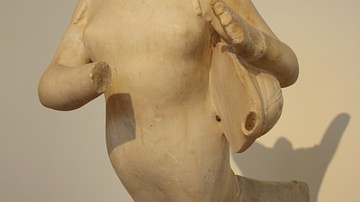
Definition
Siren
Sirens were creatures from Greek mythology that enticed sailors to their destruction with their irresistibly beautiful singing. The most famous appearance of sirens in literature is in Homer's Odyssey where the hero Odysseus, on his long...
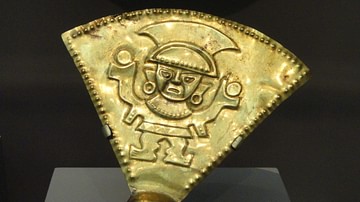
Definition
Chimu Civilization
The Chimu civilization, otherwise called the kingdom of Chimor, flourished on the northern coast of Peru between the 12th and 15th centuries CE. With their capital at Chan Chan, the Chimu were the largest and most prosperous culture in the...